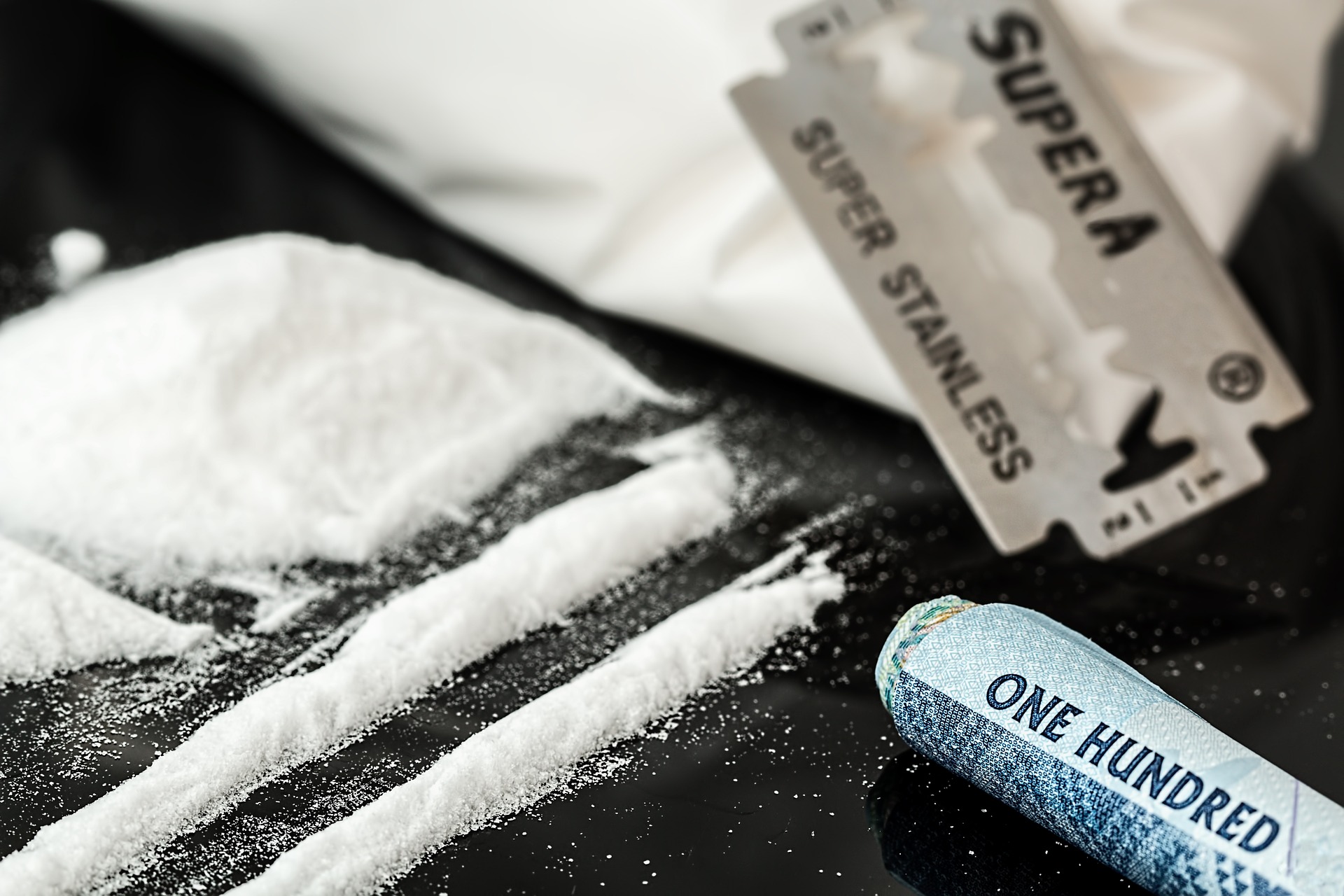Nearly seven people per day on average lost their lives to an illicit drug overdose in BC in April.
According to data released by the BC Coroners Service, 206 people passed away from an unregulated drug death – a 4% increase when compared to March.
Northern Health recorded 16 fatalities last month, with seven of those occurring in Prince George.
So far this year, our health authority has seen 63 toxic drug fatalities – 28 of those were in the northern capital.
Northern Health has the highest unregulated drug death rate among all the health authorities at 61.6 per 100,000 people – slightly ahead of Vancouver Coastal (60.3).
However, 59% of all toxic drug deaths have been in the Vancouver Coastal and Fraser Health regions.
Overall, the rate in BC is 45 deaths per 100,000 individuals.
Regarding the Health Service Delivery Area, the Northern Interior, which includes PG-Quesnel-Burns Lake and the Robson Valley has the third-highest drug toxicity death rate of 71.6– only Vancouver (93.2), Northwest (80.6).
Last year, Northern Health posted 182 drug poisoning fatalities, with 84 of those occurring in Prince George – both record highs.
“Illicit fentanyl continues to be the main and most lethal driver of B.C.’s drug-toxicity public-health emergency, having been detected in 86% of deaths in 2022 and 79% of deaths in 2023,” said Lisa Lapointe, chief coroner. “Cocaine, methamphetamines and/or benzodiazepines are also often present. This drug poisoning crisis is the direct result of an unregulated drug market. Members of our communities are dying because non-prescribed, non-pharmaceutical fentanyl is poisoning them on an unprecedented scale.”
Fentanyl has been detected in 79% of all drug poisoning deaths in 2023.
So far this year, 814 people have lost their lives due to the toxic drug supply – 70% of those deaths are between the ages of 30 and 59.
April 2023 was the 31st consecutive month at least 150 lives were lost to unregulated drugs in B.C. and the 13th month in which more than 200 deaths were reported.
The 40-49 age grouping has the highest unregulated drug death rate in BC at 84.2 followed by those aged 50-59 (76.8).
Last year 2,340 residents passed away from illicit drug overdoses, making it the deadliest year on record.
Unregulated drug toxicity continues to be the leading cause of unnatural death in British Columbia, accounting for more deaths than homicides, suicides, motor vehicle incidents, drownings, and fire-related deaths combined.
At least 12,046 British Columbians have been lost to toxic, unregulated drugs in the seven years since the public-health emergency was first declared in April 2016.
Jennifer Whiteside, Minister of Mental Health and Addictions, also issued the following statement regarding the illicit drug-toxicity deaths report in April:
“This crisis continues to take its toll in every part of our province, and I am grateful for the dedicated work of front-line workers and peers who save lives every day, and answer the call when people in our province need them.
“Our government is building an integrated healthcare system to ensure people have access to the treatment and recovery services they need when they make the brave decision to reach out for help. We are building new treatment centres, community recovery sites and a new model of care at St. Paul’s Hospital so people can move seamlessly through detox to recovery.
“Drug use is often the symptom of many underlying causes, including trauma. That’s why our government is expanding supports for youth in our province so that we can stop little problems from becoming bigger problems later in their lives. We want our young people to get the best possible start in life.
“Our government is also expanding harm-reduction measures like drug checking, overdose prevention sites and naloxone kits because keeping people alive is the first step in helping them access health care and treatment.
“Together, these supports are a small part of our government’s commitment to building an integrated system of mental health and addiction services, one where people can find the services they need, no matter where they are on their treatment and recovery journey.”
Something going on in the Prince George area you think people should know about?
Send us a news tip by emailing [email protected].






